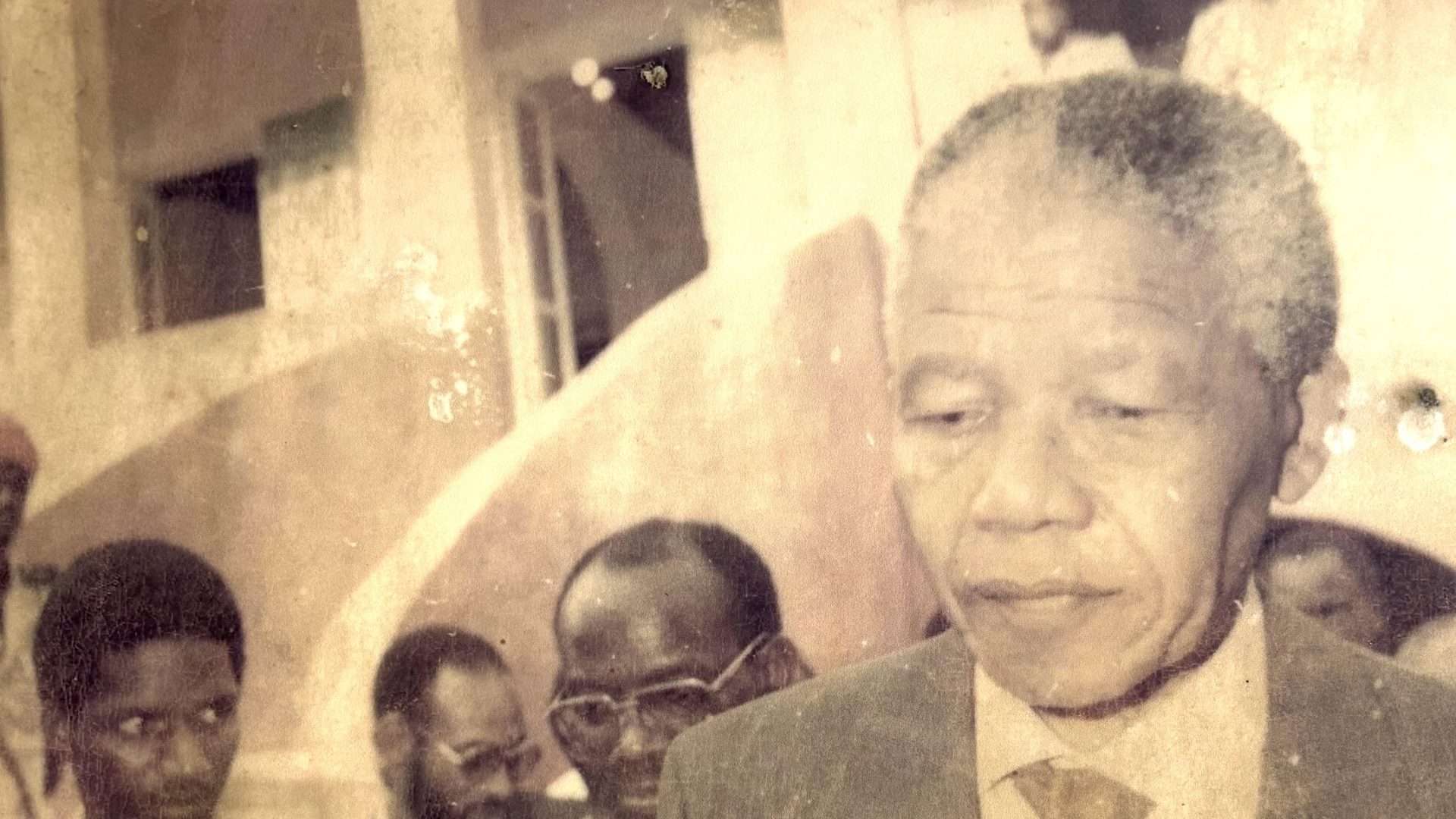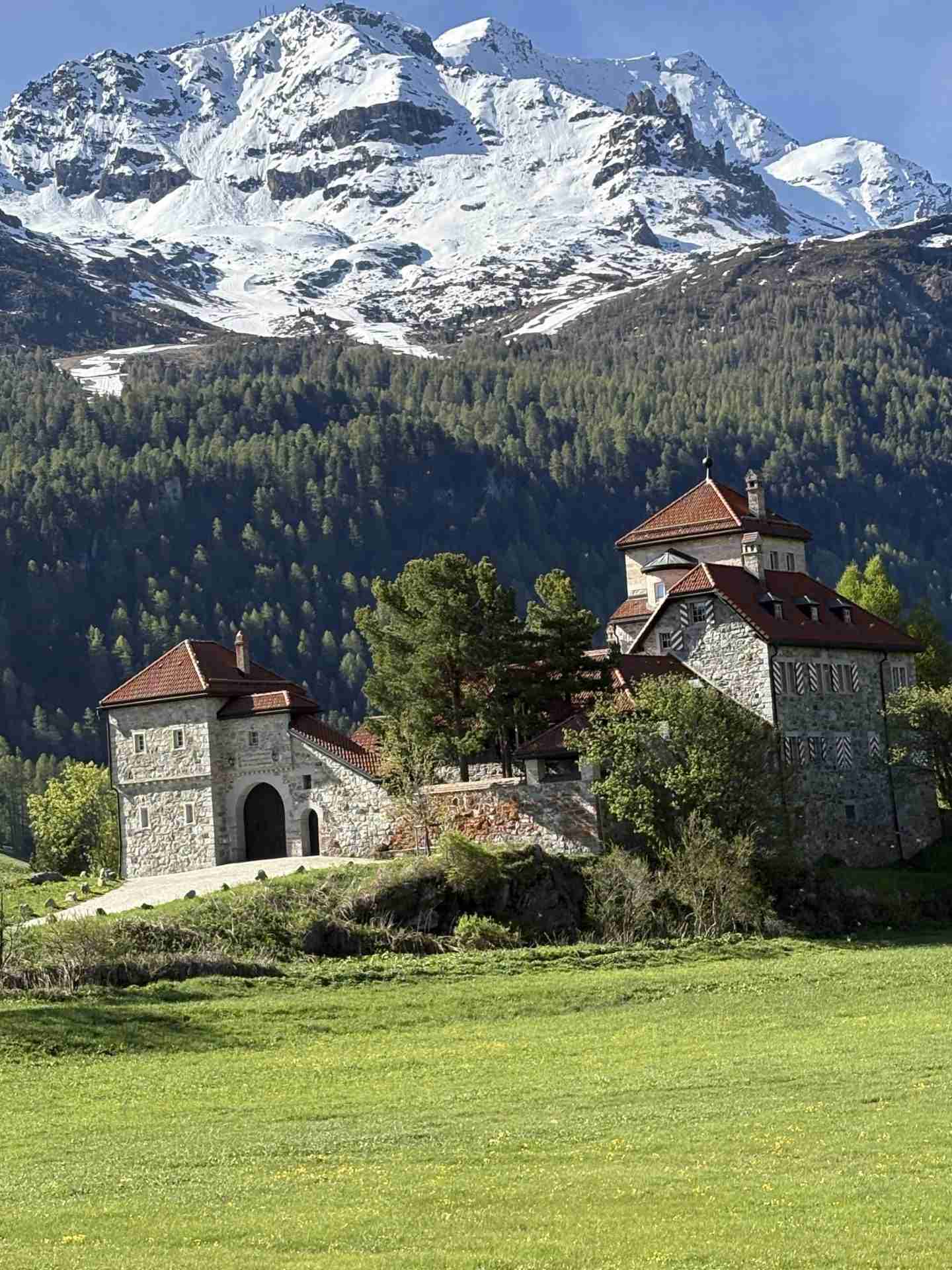Nelson Mandela: A Pivotal Figure in African History
Nelson Mandela’s life is a testament to the indomitable human spirit and the power of resilience in the face of adversity. His journey from a rural village in the Eastern Cape to becoming the first democratically elected president of a unified South Africa is a narrative interwoven with threads of struggle, sacrifice, and ultimately, triumph. Born into a society deeply scarred by the injustices of apartheid, Mandela witnessed firsthand the systematic dehumanization and oppression inflicted upon Black South Africans. This early exposure to inequality fueled his passion for justice and ignited within him a lifelong commitment to dismantling the oppressive structures that permeated his homeland.
Mandela’s activism began in his youth, marked by his involvement in the African National Congress (ANC), a political organization dedicated to fighting for the rights and liberation of Black South Africans. He initially advocated for non-violent resistance against the discriminatory policies of the apartheid regime. However, as the government’s repression intensified, Mandela and his comrades recognized the need for a more assertive approach. This shift led to the formation of Umkhonto we Sizwe, the armed wing of the ANC, with Mandela playing a key role in its establishment. His involvement in acts of sabotage against government installations resulted in his arrest and subsequent life sentence in 1964.
Robben Island, a desolate island off the coast of Cape Town, became Mandela’s prison for the next 27 years. The harsh conditions and brutal treatment he endured within its walls were designed to break his spirit and silence his voice. Yet, in the face of such adversity, Mandela’s resolve only strengthened. He became a symbol of hope and resistance for millions of South Africans and people around the world who yearned for freedom and equality. Within the confines of his cell, he continued to educate himself, earning a law degree and engaging in dialogues with fellow political prisoners. He transformed Robben Island from a place of isolation and despair into a symbol of resilience and the enduring power of the human spirit.
The international community rallied behind Mandela and the anti-apartheid movement, exerting immense pressure on the South African government to dismantle the system of racial segregation. Economic sanctions, boycotts, and widespread condemnation from global leaders contributed to the gradual erosion of apartheid’s foundations. In 1990, after years of imprisonment, Nelson Mandela was released, a moment that marked a turning point in South Africa’s history. His release was met with jubilation and hope, signaling the dawn of a new era.
Mandela’s leadership in the transition to democracy was instrumental in preventing a descent into chaos and violence. His commitment to reconciliation and forgiveness played a crucial role in uniting a deeply divided nation. He worked tirelessly alongside F.W. de Klerk, the last president of apartheid South Africa, to negotiate a peaceful transfer of power and establish a democratic government. Their joint efforts were recognized with the Nobel Peace Prize in 1993, a testament to their unwavering commitment to building a more just and equitable society.
Nelson Mandela’s legacy extends far beyond the borders of South Africa. He became a global icon of peace, reconciliation, and social justice. His life story serves as an inspiration to individuals and communities striving for equality and freedom around the world. Mandela’s unwavering belief in the inherent dignity of all human beings, coupled with his unwavering commitment to justice, has left an indelible mark on the world, reminding us of the transformative power of courage, compassion, and perseverance. His life’s work continues to inspire generations to fight for a more just and equitable world, a world free from discrimination and oppression, a world where the inherent worth of every individual is recognized and celebrated.
Share this content:












Post Comment